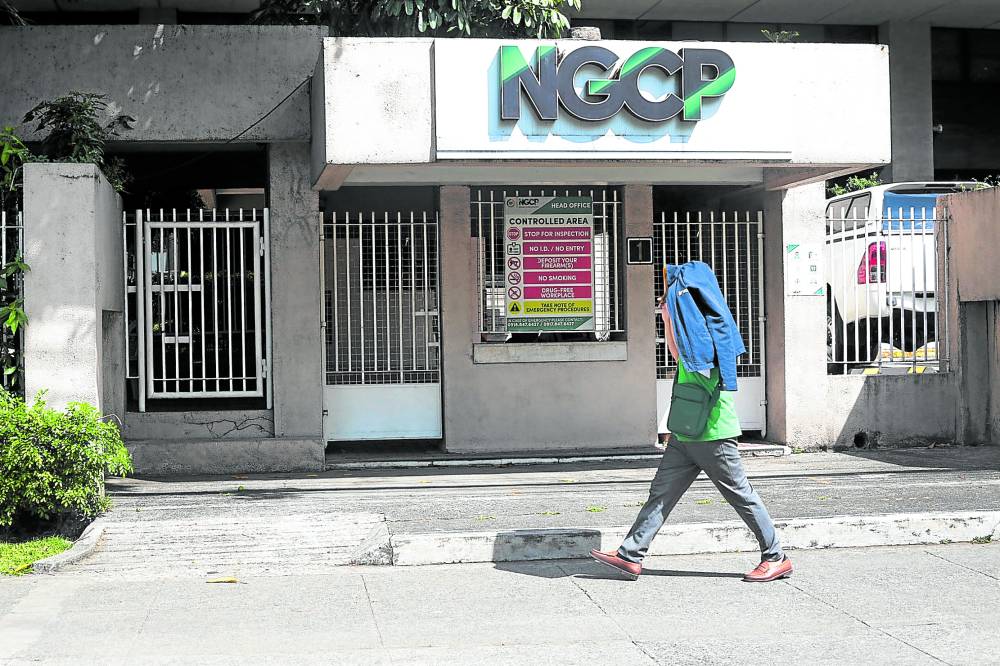NGCP to formally switch on Visayas power interlink

The National Grid Corp. of the Philippines (NGCP) will formally turn on the Visayas Powere Interlink today, Monday, April 8. | Inquirer file photo
ILOILO CITY— The National Grid Corp. of the Philippines (NGCP) will formally switch on Monday, April 8, the 230-kilovolt Cebu-Negros-Panay Stage 3 interconnection project, which is designed to enhance the reliability of the country’s power grid.
The NGCP, which is the system operator, had started operating the CNP-3 on March 27, four days before the deadline. That is what Undersecretary Rowena Cristina Guevara told reporters.
READ: Why Cebu needs more power investments to secure future demand
The NGCP, which operates the country’s electricity transmission network, developed the CNP-3 to ensure the reliability and security of supply in Negros and Panay.
“The important thing about the completion of the CNP backbone at 230 kV is that there are now two possible routes to go to [secluded] islands. We used to have only one connection,” Guevara told reporters on the sidelines of the Independent Electricity Market Operator of the Philippines’ event here.
This would strengthen the Panay grid, ensuring faster and more efficient supply-sharing between these islands.
The operator was supposed to complete the backbone project by December 2020, but the completion date was pushed back due to the pandemic and other constraints.
READ: Poe tells NGCP: Expedite completion of Cebu-Panay-Negros project
The Department of Energy had said a widespread power disturbance in Western Visayas last January could have been prevented if the NGCP had finished the project on time.
Iloilo City Mayor Jerry Treñas said the inquiry on the matter showed “some deficiencies” in the transmission as well as power generation sides.
“Like the Cebu-Negros-Panay grid, they’ve already completed it and it’s already being used by us. And we’re very happy with that. It has been delayed so many administrations ago,” Treñas added.
Disclaimer: The comments uploaded on this site do not necessarily represent or reflect the views of management and owner of Cebudailynews. We reserve the right to exclude comments that we deem to be inconsistent with our editorial standards.
